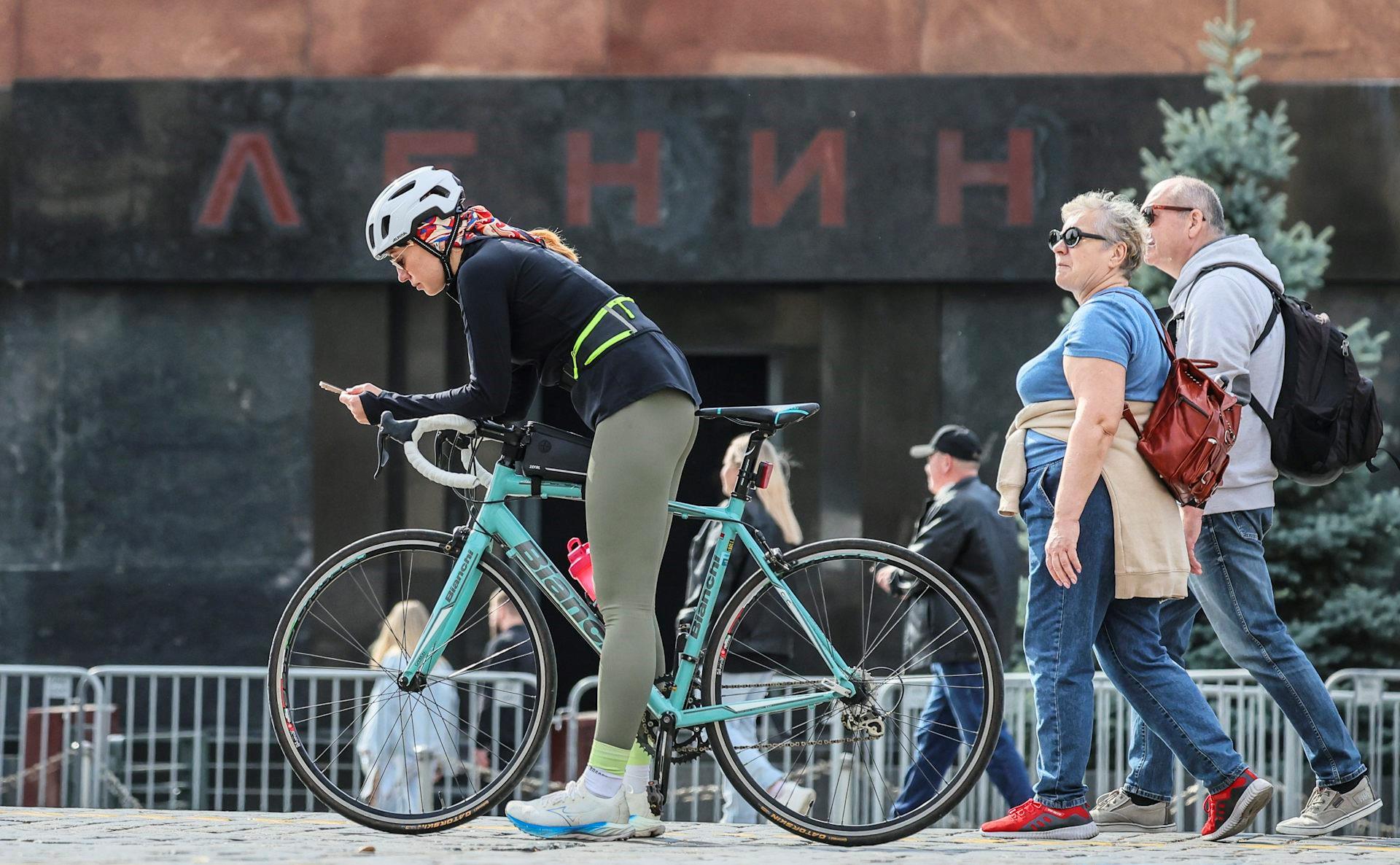
An East-West Divide Deeper Than The Cold War: What I Saw On My Summer Trip To Russia
As one academic I met there explained:“Russia is not a fortress. Maybe as the Soviet Union, it was. But we are very open to the rest of the world – this time it's the west that has drawn the iron curtain.”
Due to western sanctions over the war in Ukraine, you cannot travel to Russia – or even book travel online – from the UK. Bank cards are useless, you can't acquire roubles beforehand, and cash has to be converted from US dollars after arrival. For over a week, I did not see a single person from any English-speaking country.
At the border, the queues were split bluntly into“Russians and Belarusians” and“foreigners”, with the latter a crush of 400 or so central Asian migrants. A guard confiscated my passport on arrival and snapped:“Have question? Call embassy”, before shutting a thick steel door on me.
I braced for a diplomatic nightmare before being herded into a corridor, where my phone was scanned and I was eventually allowed to step into Moscow. I encountered no other hostility, except for one man in a cafe a few days later who sneered at me for laughing too loud.“This is Russia, be quiet”, he said.
I was visiting Russia to co-author an article with Uliana Artamonova, an expert in political communications at a research institute in Moscow. Her academic friends were baffled and saddened by the rupture with the west.
“The BBC boycotted Russia”, Artamonova's colleague lamented. I replied:“Didn't Russia ban them?” And we both sat in uncertainty. I later found it was a messy mix. Russia passed espionage laws in 2022 and blocked access to BBC services, while Westminster restricted the Russian-backed news channel RT and the BBC paused its own operations there.
Prominent western commentators have long insisted that sanctions could change the course of the war, arguing that the Russian economy will eventually hit the buffers. I saw nothing to indicate this. When I overpaid a taxi driver the equivalent of 50 US dollars, he had no change so simply waved me away, insisting I treat it as a free ride. That would be unimaginable in a precarious economy.
I saw no homelessness, injured veterans or armed police. Moscow felt safe, orderly and technologically advanced – my hotel had a room service robot and local people pay to use the metro through a facial recognition system.
The east-west split feels worse than the cold war. Back then there were cultural and academic exchange programmes, as well as“citizen diplomacy” and sporting events. Quietly turned to dust, too, is almost every nuclear weapons treaty. And the only one remaining between the US and Russia, the strategic arms reduction treaty, is due to expire in early 2026.
“The longer it goes on”, another academic told me,“the worse the rift will become. It has only been four years but already my students are learning Chinese instead of English.” She continued:“From 1991, we tried to play the game. Then there was [western-backed conflict in] Iraq, Libya, Syria, Afghanistan... so our government says, 'There is no rules-based world order,' and – bang – we get sanctions. All Russians ask: 'Why us? Why not Israel? Why not Britain?'”
At a ballet beneath the Kremlin, I wondered if I might finally find traces of the west. I did overhear two English-speaking women and asked if they had family in Moscow. No, they replied – they worked on US soil at the embassy.

There is little evidence that western sanctions are crippling the Russian economy. Yuri Kochetkov / EPA
Over a traditional meal accompanied by vodka, I discussed the war in Ukraine with more Russian contacts. I asked:“What about the old idea from when we were kids? You know, 'Violence is never the answer.'”
One of them, a senior manager in an engineering firm, sighed:“I know. I was depressed for eight months after the invasion, but I came to accept it had to be this way.”
“But violence is so unpredictable”, I pushed.“You say Ukraine killed thousands of civilians from 2014 [when Kyiv shelled pro-Russian separatists in the Donbas region of eastern Ukraine]. But even if Russia's intention was security, hasn't the result been worse?”
His friend answered, subdued but firm:“Yes, it should have been won quickly. But though the death toll is higher, at least most of those killed now are soldiers, not civilians.”
I asked if westerners are simply mistaken to believe Russia has conspired to murder opponents, or if they think a besieged state has little option. Numerous political opponents in Russia have met suspicious, grisly ends, including opposition leader Alexei Navalny and journalist Anna Politkovskaya.
They replied that these were tiring old points already answered innumerable ways. I reflected that westerners would probably blanch too if accusations were made about“problematic” people in their countries who are popularly considered to have been murdered by the state.
It seems all sides have become accustomed to the deathly chill of a new cold war. I nodded uncertainly at my associates before making my way back to the UK, another aged empire estranged from the continent.

Legal Disclaimer:
MENAFN provides the
information “as is” without warranty of any kind. We do not accept
any responsibility or liability for the accuracy, content, images,
videos, licenses, completeness, legality, or reliability of the information
contained in this article. If you have any complaints or copyright
issues related to this article, kindly contact the provider above.
















Comments
No comment